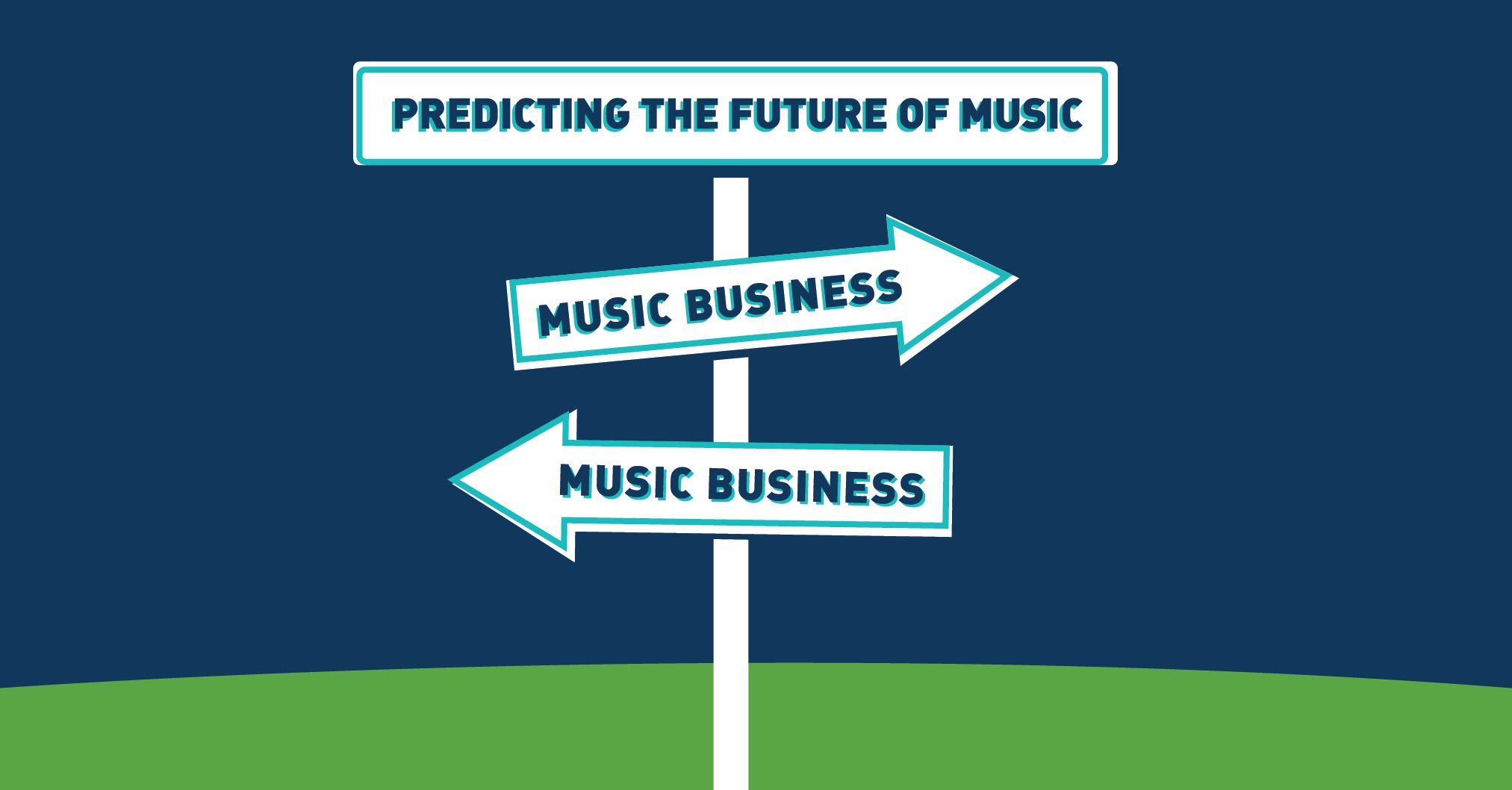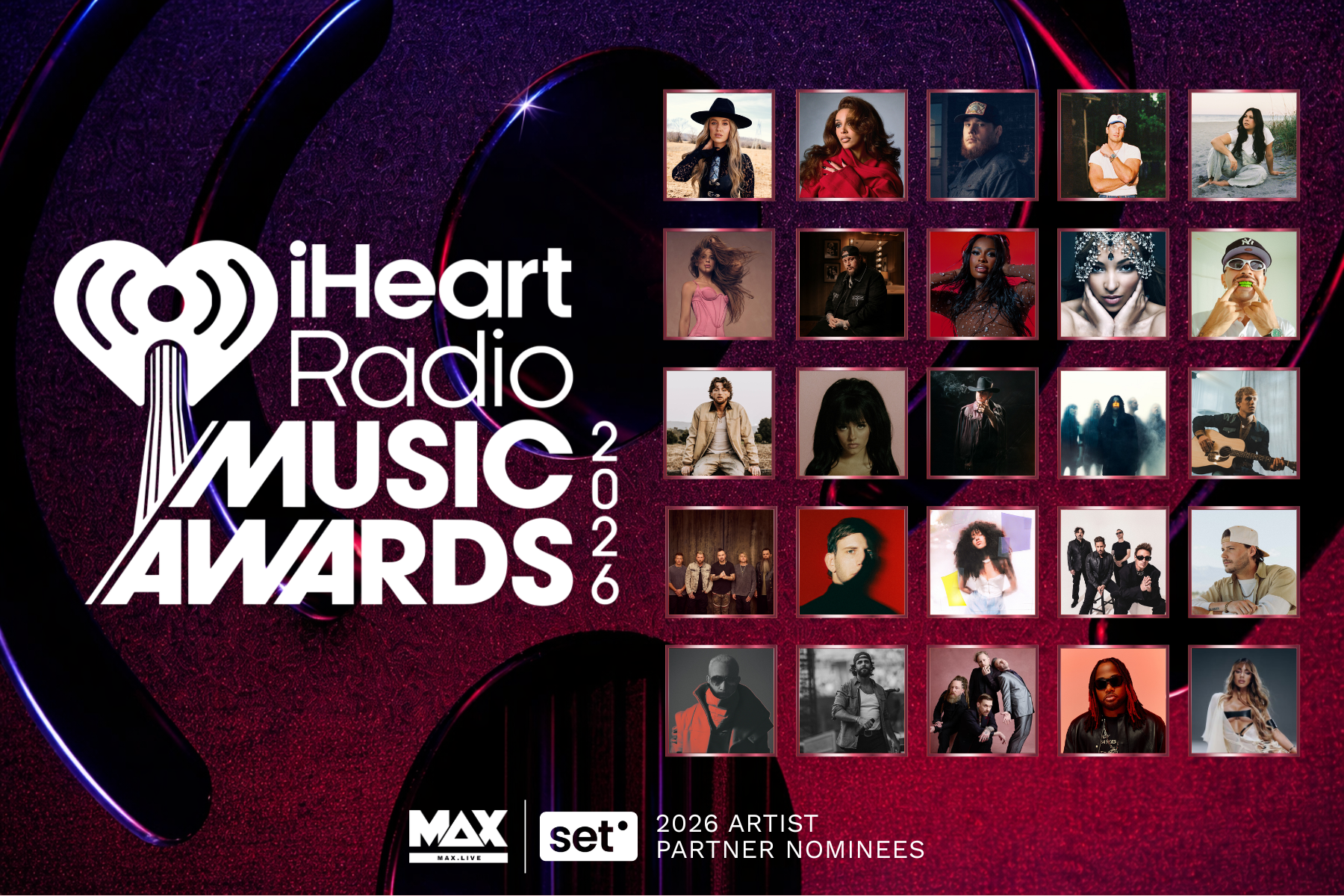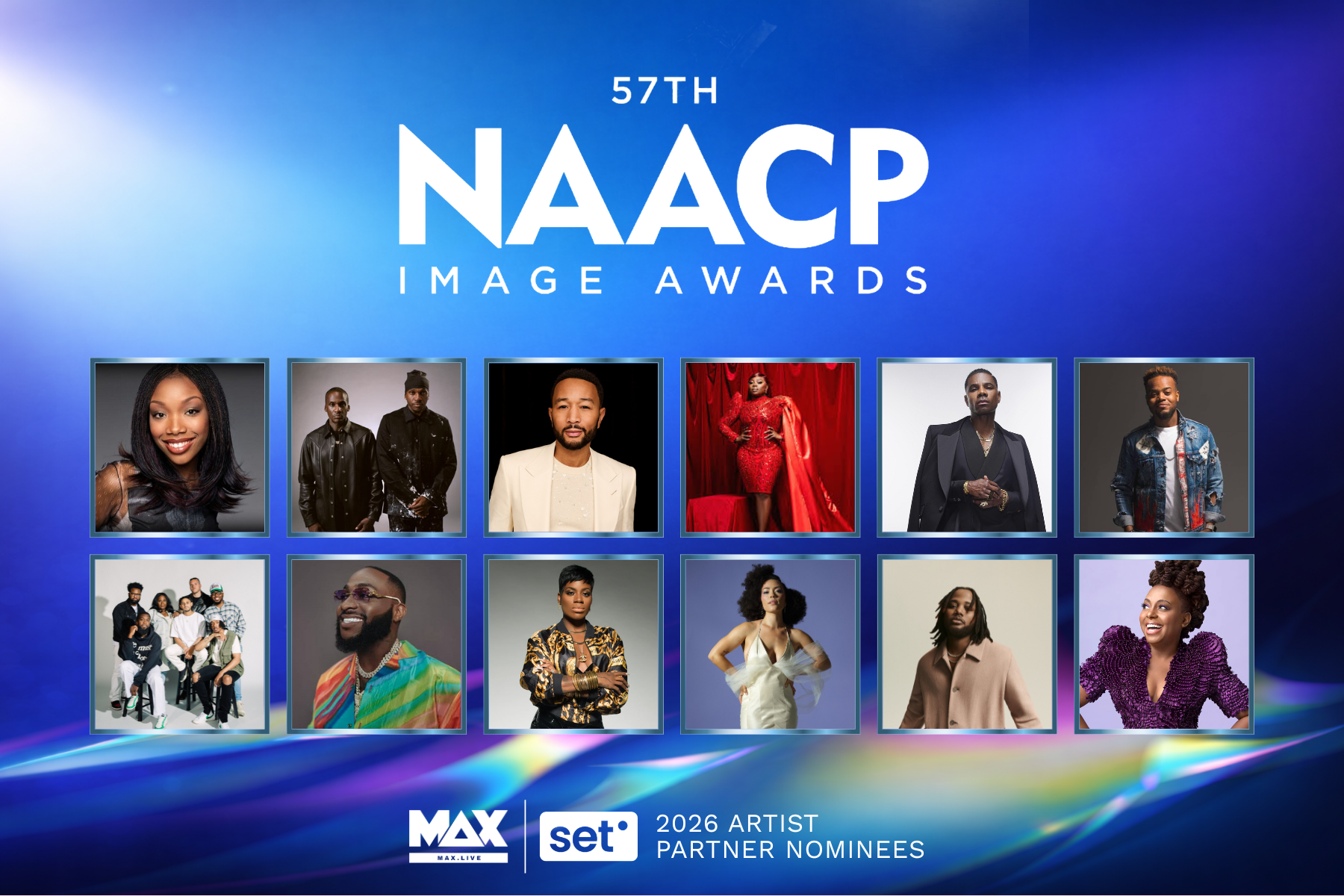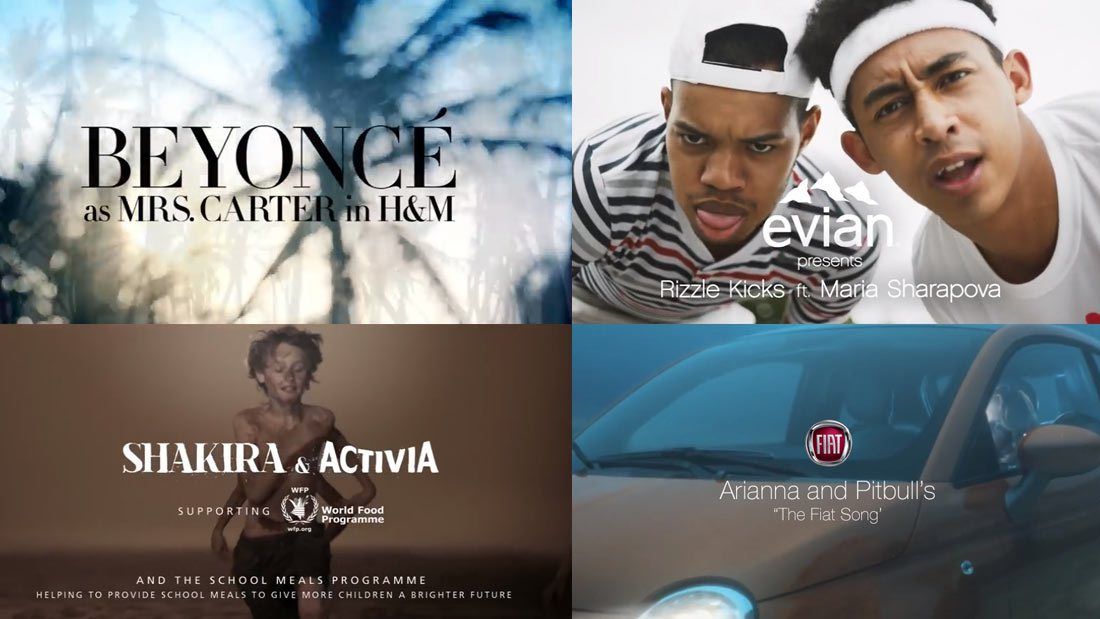2026 iHeartRadio Music Awards
These artists can't stop, won't stop (getting nominated for giant piles of awards)!

It’s New Years Eve, and I’m in a bit of a reflective mood. When I think back on this year, I realize that the question I get asked the most — both from people in the music business and those outside of it — is something along the lines of, “Where do you think the music business is headed?”
I always give the same (admittedly) glib answer: “I have no idea, and anyone who says they do is lying. Also, I wish anyone who describes himself as a futurist would go to the future, and leave the rest of us alone here in the present.” Glib. However, it’s true.
This recent article in Valleywag discusses the difficulty in predicting future business trends, by poking fun, in that way that Valleywag does, at, among others, Marc Andreesen. (I have infinite respect for him, and if you're not following Andreesen on Twitter @pmarca, you’re missing out.) Here is Valleywag on his (to date) missed prognostication (and investment) in Google Glass:
…nobody in this industry ever has any idea what is going to work. Nobody. Not even these big-brained masters of the universe who are entrusted with billions of dollars. These are smart guys….They spend their whole lives trying to spot trends and pick winners, and they are paid ungodly amounts of money because they are considered the best in the world. And yet, back in 2013, less than two years ago, these three experts really believed Glass was going to be huge. They were very passionate about it. They got into huge arguments over it.
Predicting the direction of the music business, or really any business, is typically a non-value adding proposition. In fact, I’d say that with respect to the music business in particular, looking to past trends or trajectories in order to formulate a thesis for what will occur in the future is not just foolish, but arguably irresponsible.
In a great article, Paul Graham, founder of Y Combinator, says the following with respect to predicting the future of business:
…the unfortunate fact is that change is hard to predict. This is largely a tautology but worth remembering all the same: change that matters usually comes from an unforeseen quarter.
So I don't even try to predict it. When I get asked in interviews to predict the future, I always have to struggle to come up with something plausible-sounding on the fly, like a student who hasn't prepared for an exam. But it's not out of laziness that I haven't prepared. It seems to me that beliefs about the future are so rarely correct that they usually aren't worth the extra rigidity they impose, and that the best strategy is simply to be aggressively open-minded. Instead of trying to point yourself in the right direction, admit you have no idea what the right direction is, and try instead to be super sensitive to the winds of change.
I love Graham’s phrase “aggressively open-minded.” The use of the adverb “aggressively” changes the phrase from being a cliché to being a heuristic; that is, something instructive – something conscious, and active.
This active, conscious open-mindedness resonates for me on a personal level. As a Buddhist, I try to great each new moment unencumbered by the past. I fail, of course, but I actively try. The great business thinker/coach (and Buddhist), Marshall Goldsmith presents this approach for more eloquently than I when he states:
The thing that inhibits innovation, both corporate and spiritual, is attachment to the self, in the form of habits and doctrines and smugness and memories of the past. The rational businessman, like the good Buddhist, considers each moment afresh, unencumbered by old frameworks, and asks himself what he should do based on the evidence before him rather than on a sense of how a person such as him (or a company such as his) usually behaves.
What unites Graham and Goldsmith is that while neither would be so hubristic to feel they could predict the future, they both have found ways to not only be prepared for what the future brings, but to thrive from its axiomatic change (this is an approach not unrelated to the concept of “Antifragility” as put forth by Nassim Nicholas Taleb in one of my favorite books of the year).
This discipline (and, it is a discipline) of letting go not only of the past, but also the belief that you can predict the future, is something that the music business has never been able to do. Either the Industry has religiously clung to models that had been profitable, but no longer were, even as new models emerged that not only threatened these old models, but presented new (and more profitable) paths forward; or those in the industry presented vague “futurist” predictions so wildly unrealistic (and uninformed) as to be non-actionable.
Look where these approaches have gotten us.
So, where does that leave us? Graham states the following: “The winds of change originate in the unconscious minds of domain experts.” He further states that it’s people, not ideas who are worth betting on.
A lot of this leads to an important theory related around the ideas Clayton Christensen put forth in 1997 in his seminal and still hugely relevant (I make a point of re-reading it every year) book The Innovator’s Dilemma. Obviously, I can’t summarize the book in a few sentences, but its main thesis is that established companies fail to innovate for a variety of reasons; for example, over-attention to current customers’ needs, which leads these companies to miss innovative ideas that therefore are developed by smaller, less-entrenched companies that eventually unseat them.
2014 was a year that illustrated the principles of The Innovator’s Dilemma in real time. It was, for instance, the year in which companies that focused on un-tapping and monetizing heretofore un-utilized surpluses, such as Über and Airbnb, disrupted (in the truest sense of that word, which was actually first popularized in The Innovator’s Dilemma, even though it gets tossed around like a Frisbee today) existing industries: Taxi services, and hotels, respectively. Of course, part of, if not most of, the reason for these companies’ successes was they had founders who came from outside these industries; they were, domain experts, but in fields outside of the ones they have since dominated.
I believe there’s a clear parallel to be drawn to the music industry. Not to get too personal, but when I see a person like Nathan Hanks, who is clearly a domain expert in online marketing, having cofounded and built local online marketing firm ReachLocal, decide he — a person who I would be on irrespective of what idea he comes up with — wants to do a music-business start up, well, I’m in.
I’m in not only because of the aforementioned “domain expert” and personality, but also because Nathan does not come from the music business, and is therefore incapable of being constrained by its institutional “knowledge.”
My advice for anyone considering what comes next in the music business, is to ask instead, who comes next. There is a new generation of Blackwells and Erteguns out there; likely, they’ll come from areas outside of the traditional music business, and likely, all the “futurists” and “experts” will deem them crazy…until the day when they say they knew they were geniuses all along.

These artists can't stop, won't stop (getting nominated for giant piles of awards)!

The 57th NAACP Image Awards recognizes artists making an impact across music, film, and television. This year’s nominations include 12 MAX/SET artist...

Tobacco Free CA: “I Can Quit”

Note: this article was originally published via ANA. For musicians, technology is a double-edged sword. Today, every musician has access on a...

We love a good prediction article. We’ve been reading a ton of really great editorials, blogs, infographics, whitepapers, and substacks about what...

It used to be that radio stations dominated the airwaves. Because payola laws prevent record labels from paying radio stations directly, promoters...